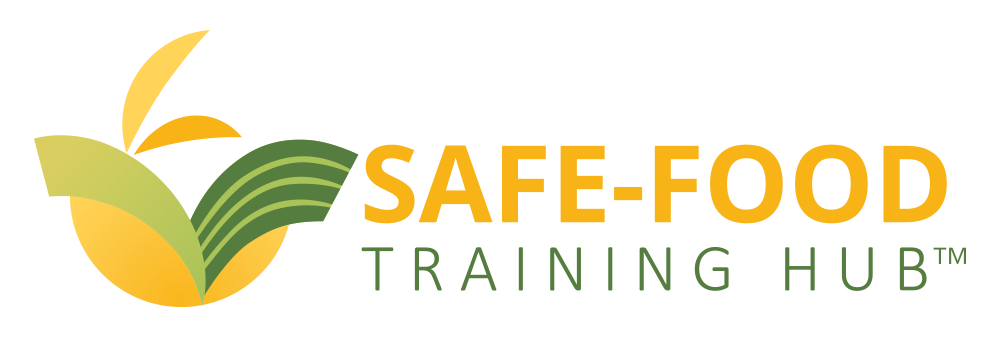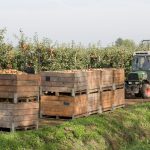Did you know that the Top SQF non-conformance in 2018 was Clause 2.7.1.3, the annual review and challenge of food defence plans? Have you carried out your review and challenge? Be sure that your Food Defense Plan assesses the risk from all expected threat sources. Meet the requirements of the FDA’s Food Safety Modernization Act ‘Food Defense Plan Requirements’, the Food & Drug Cosmetic Act of 1938, and Homeland Security’s Intentional Adulteration Rule with the tools and resources in this course.
WATCH NOW
Food Defence is the need to protect against food adulteration within the manufacturing site and external threats within the supply chain. According to the FSMA rule 21 CFR Part 121 (IA Rule) facilities that have identified significant vulnerabilities need to implement actionable process steps and train their staff in food defence awareness.
This can impact your business in several ways. Terrorists attacks on the Global Supply Chains across 58 countries have increased 16% year on year. Following the Paris attack in November 2015 France imposed stricter controls along the borders with Belgium and Luxembourg, costing companies an additional $59 per delayed vehicle. The total cost to shippers in Belgium was estimated at $3.5 million within the first month following the attack.
In 2018 an incident involving needles in strawberries caused by one disgruntled employee in one pack shed stopped strawberry production in Australia and halted international trade of soft fruits from Australia. This industry is worth $560 AUD million a year.
This self-paced course is a training tool to assist companies in complying with the FDA’s FSMA rule. Learn to develop and implement a robust food defence and threat risk assessment, and develop a mitigation strategy that protects your facilities and supply chain at their most vulnerable points from acts on intentional adulteration intended to cause wide scale public health harm.

This course was developed by Clare Winkel, an accredited trainer and Executive Manager of Technical Solutions at Integrity Compliance. Clare holds an MBA and Bachelor of Science from Queensland University of Technology. In 2013 Clare won an award for her outstanding contributions to the seafood industry with regard to training. In 2016 Clare developed a methodology to rank the risk of raw materials vulnerability to food fraud.
Clare has worked in the food industry since 1987 across 14 countries in Europe, North America, the Caribbean, Australia, New Zealand and South Pacific. Clare has a particular interest in food safety, site security, food fraud, vulnerability, traceability and food defense. Clare is often invited to present at international conferences and contributes to magazines, blogs, publications and case studies on the subject matter. Clare is a panel member Codex Committee on Food Import and Export Inspection and Certification Systems (CCFICS) and a panel member on the Allergen Bureau Agricultural Allergen Cross Contact Working Group.
Clare is currently working in Australia for Integrity Compliance Solutions (ICS) where she has developed several online courses sharing her knowledge, methodology and expertise. To contact Clare please email; [email protected]











